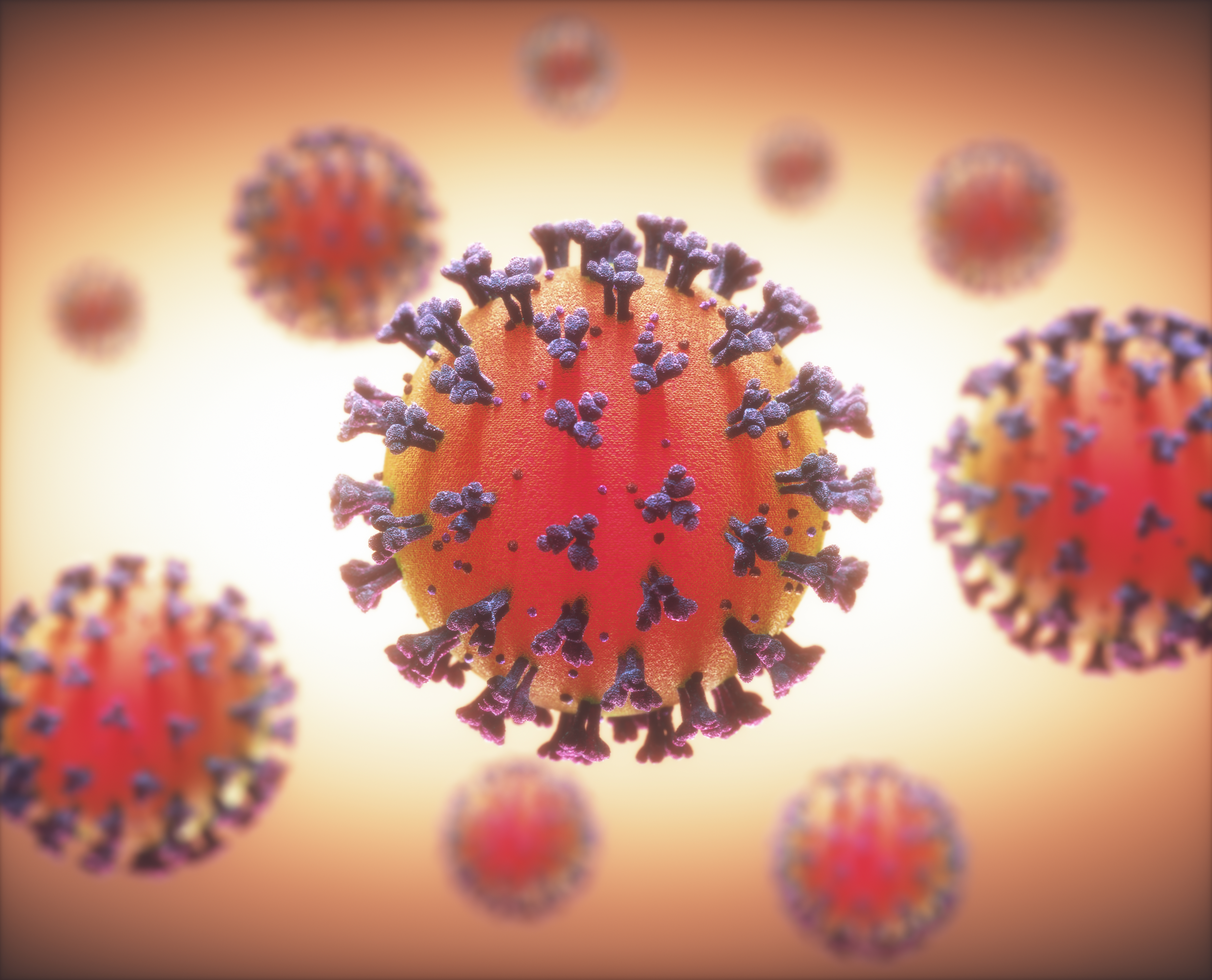News release
From:
- Researchers find novel blood markers of COVID-19 that confirm and extend our understanding of the systemic effects of the disease
- A novel blood chemical signature was identified consistent with possible neurological complications and liver dysfunction
- Metabolic phenotypic analysis accurately predicts patient risk categories and identifies those requiring urgent intervention
- Highlights the need for further research into the long-term health impact of COVID-19 infection and the use of phenotyping methods in characterising Long-COVID Syndrome.
Researchers at Murdoch University’s Australian National Phenome Centre (ANPC) have identified how chemical pathways in our bodies are uniquely affected by COVID-19, giving insights into how to study an individual’s response to the disease and the long-term health implications following infection.
Director of the ANPC, Professor Jeremy Nicholson, said: “This research offers insights into how each person responds differently to the disease and the importance of monitoring that response early in the patient journey to help optimise the healthcare pathway.”
“To effectively navigate possible future waves of COVID-19, we need to be able to accurately diagnose and predict severity of disease for infected individuals at an early stage so that they can be more effectively monitored and managed,” said Professor Nicholson.
“We’re looking at a disease that has a system-wide impact. What we’ve discovered here is the importance of interrogating an individual’s metabolic phenotype to explain how their whole system will be impacted by infection,” said Dr Luke Whiley, one of the lead researchers.
Researchers compared blood plasma specimens from a group of COVID-19 positive patients, from respiratory patients that were COVID-19 negative and a control group of healthy age and body mass matched participants to determine the key chemical differences between the groups. COVID-19 positive patients could easily be discriminated from healthy and COVID-19 negative patients.
Understanding these differences could enable disease risk and severity prediction to inform clinical management and personalise treatment.
“In particular, we found significant changes in chemicals that both damage and protect the brain following COVID-19 infection,” said Dr Nicola Gray, another member of the ANPC COVID-19 research team.
“What we’re seeing is a disease that affects pathways consistent with neurotoxicity, neurological disease and liver dysfunction,” said Dr Nathan Lawler of the ANPC group.
“This is a real concern if the disease leads to secondary neurological complications and may become of particular relevance as more details emerge around the ever-increasing numbers of “Long COVID Syndrome patients.”
“The novel biological markers identified in our study may be an effective means of assessing functional recovery in long-term patients or persistent neuroinflammatory and liver problems associated with Long-COVID Syndrome,” said Professor Nicholson.
“The analytical methods we have developed have allowed us to reveal the complexity of COVID-19 and will be used to track the recovery of patients following infection to understand the long-term health implications,” said Dr Nicola Gray.
“Across the world, there are likely to be tens of millions of Long COVID syndrome patients who will need clinical assessment and support, and our next task is to develop methods to enhance this process,” said Professor Nicholson.
The ANPC thanks the Spinnaker Health Research Foundation, the McCusker Charitable Foundation and the Government of Western Australia, which helped fund the research.



 Australia; WA
Australia; WA


